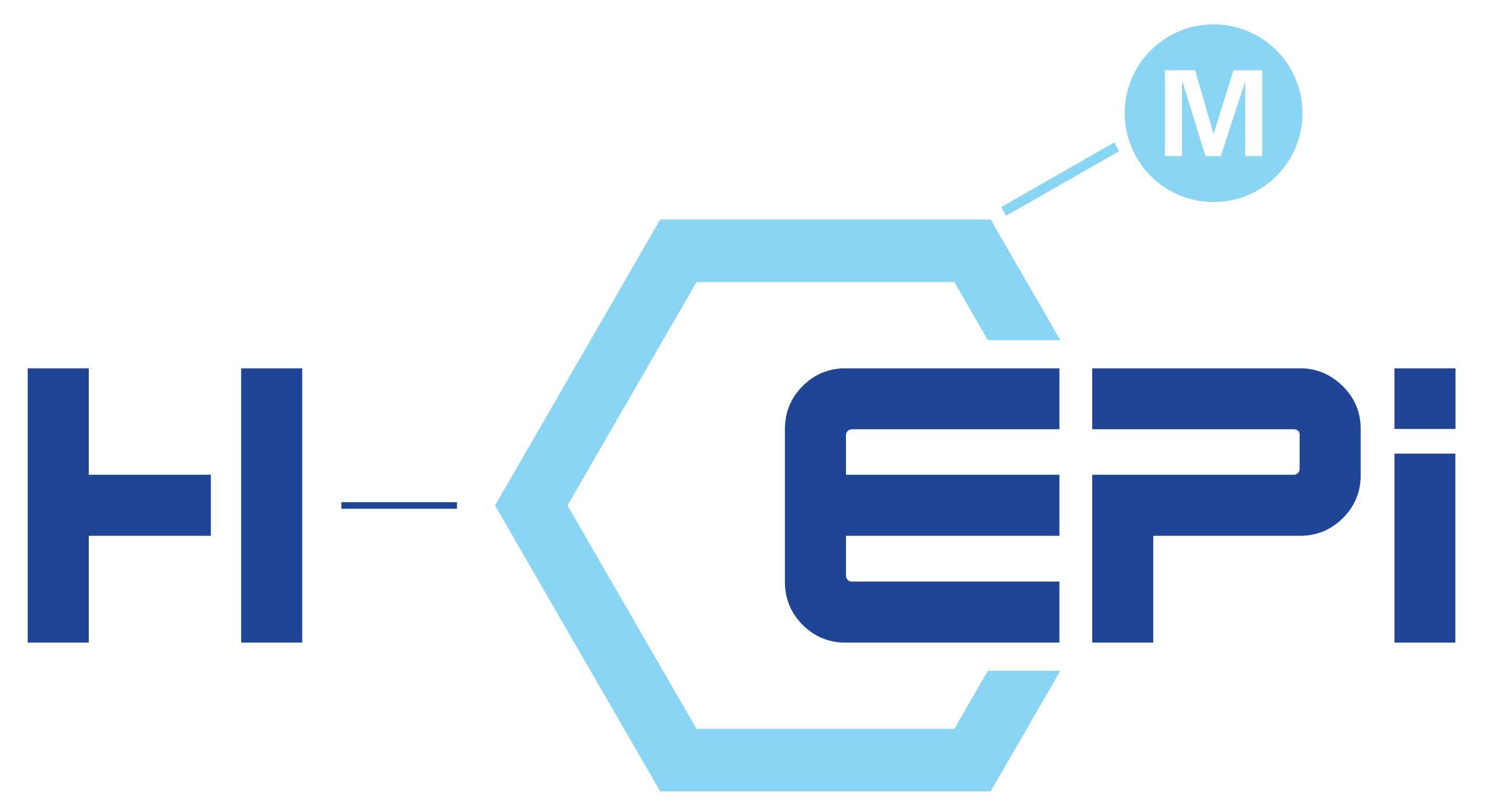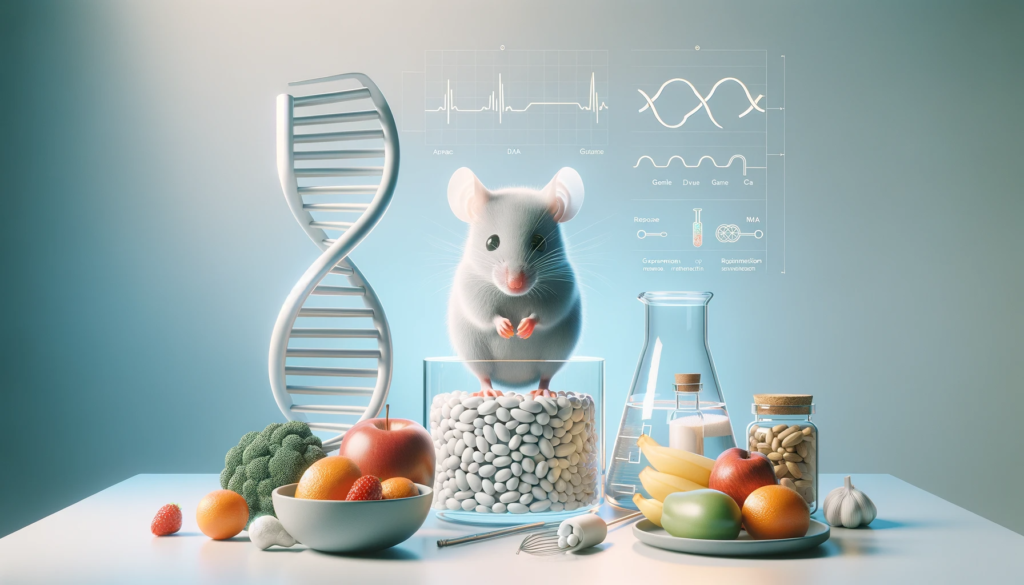Unlocking the Secrets of Age Reversal: How Cutting Edge Research is Paving the Way
As we navigate the complexities of human health, the quest for longevity and vitality remains a central focus. Recent breakthroughs in the field of biological aging are not just expanding our understanding but are also opening doors to potential age reversal strategies. The latest in this series of revelations comes from a groundbreaking study on the effects of dietary isoleucine restriction on the lifespan and healthspan of mice.
The Power of Amino Acid Restriction
The study in focus, conducted by a team of researchers from the University of Wisconsin-Madison, delves into the role of a specific branched-chain amino acid, isoleucine. The team, led by Cara L. Green, Michaela E. Trautman, Krittisak Chaiyakul, Judith Simcox, and Dudley W. Lamming, made astonishing findings: restricting dietary isoleucine not only enhanced the overall health of the mice but also significantly extended their lifespans. This effect was observed in both male and female mice, although the impact was more pronounced in males.
Isoleucine restriction led to remarkable improvements in metabolic health, promoting leanness and better glycemic control. Intriguingly, this approach also reprogrammed hepatic metabolism in a sex- and age-dependent manner, offering insights into how dietary components can influence longevity pathways. This research, a testament to collaborative efforts at the University of Wisconsin-Madison, provides a crucial understanding of how dietary interventions can impact aging and healthspan.
Implications for Human Health and Age Reversal
This research stands as a testament to the potential of dietary interventions in modifying the course of aging. The benefits of isoleucine restriction in mice pave the way for exploring similar strategies in humans. However, translating these findings into human applications requires careful consideration due to our complex and diverse genetic makeup.
The Role of Epigenetic Age Estimation
As we delve deeper into the realm of age reversal, one tool becomes increasingly vital – epigenetic age estimation. Think of it as a thermometer for your biological age, much like how one uses a thermometer to check if a fever has subsided. In the pursuit of reversing aging, such tools could be instrumental in monitoring the effectiveness of interventions like dietary modifications.
A Future with Healthier Aging
The implications of this study extend beyond the laboratory. They offer a glimpse into a future where age-related decline could be significantly delayed, if not reversed. The dream of a healthier, longer life might be closer than we think, with research continually pushing the boundaries of what’s possible in age reversal.
A Note of Caution
While these findings are promising, it is crucial to approach them with a balanced perspective. Dietary interventions, like isoleucine restriction, are part of a broader puzzle that includes genetics, lifestyle, and environmental factors. Moreover, what works in mice might not directly translate to humans, underscoring the need for further research.
Embracing the Age Reversal Journey
The journey of age reversal is complex and multifaceted. It’s not just about adding years to life, but more importantly, adding life to those years. As we stand on the cusp of these exciting scientific advancements, it’s essential to remain informed and open-minded about the possibilities they bring.
Reference
Green, C. L., Trautman, M. E., Chaiyakul, K., Jain, R., Alam, Y. H., Babygirija, R., Pak, H. H., Sonsalla, M. M., Calubag, M. F., Yeh, C.-Y., Bleicher, A., Novak, G., Liu, T. T., Newman, S., Ricke, W. A., Matkowskyj, K. A., Ong, I. M., Jang, C., Simcox, J., & Lamming, D. W. (2023). Dietary restriction of isoleucine increases healthspan and lifespan of genetically heterogeneous mice. Cell Metabolism, 35(11), 1976–1995.e6. https://doi.org/10.1016/j.cmet.2023.10.005
Recent Blog Posts
-
 05 Apr 2024Prostate Cancer Early Detection: Addressing the Global Surge with EpiMedTech's Innovative Response
05 Apr 2024Prostate Cancer Early Detection: Addressing the Global Surge with EpiMedTech's Innovative Response -
 23 Mar 2024The Transformative Journey of Pregnancy: A Deeper Look into Maternal Biological Aging
23 Mar 2024The Transformative Journey of Pregnancy: A Deeper Look into Maternal Biological Aging -
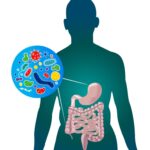 11 Mar 2024Unlocking the Connection Between the Gut Microbiome, Muscle Function, and Cognition in the Elderly: Insights from the PROMOTe Trial
11 Mar 2024Unlocking the Connection Between the Gut Microbiome, Muscle Function, and Cognition in the Elderly: Insights from the PROMOTe Trial -
 02 Mar 2024Turning Back Time with Your Fork: The Fasting-Mimicking Diet Unveiled
02 Mar 2024Turning Back Time with Your Fork: The Fasting-Mimicking Diet Unveiled -
 14 Feb 2024Understanding the Secrets of Bat Longevity: A Glimpse into DNA Methylation
14 Feb 2024Understanding the Secrets of Bat Longevity: A Glimpse into DNA Methylation -
 29 Dec 2023Redefining Alzheimer's Management: How Time-Restricted Feeding Aligns Body Clocks and Enhances Brain Health
29 Dec 2023Redefining Alzheimer's Management: How Time-Restricted Feeding Aligns Body Clocks and Enhances Brain Health -
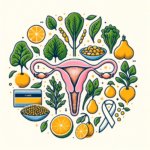 26 Dec 2023Unlocking the Mystery of Cervical Cancer: The Vital Role of Folate
26 Dec 2023Unlocking the Mystery of Cervical Cancer: The Vital Role of Folate -
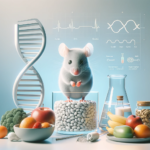 26 Nov 2023Unlocking the Secrets of Age Reversal: How Cutting Edge Research is Paving the Way
26 Nov 2023Unlocking the Secrets of Age Reversal: How Cutting Edge Research is Paving the Way

